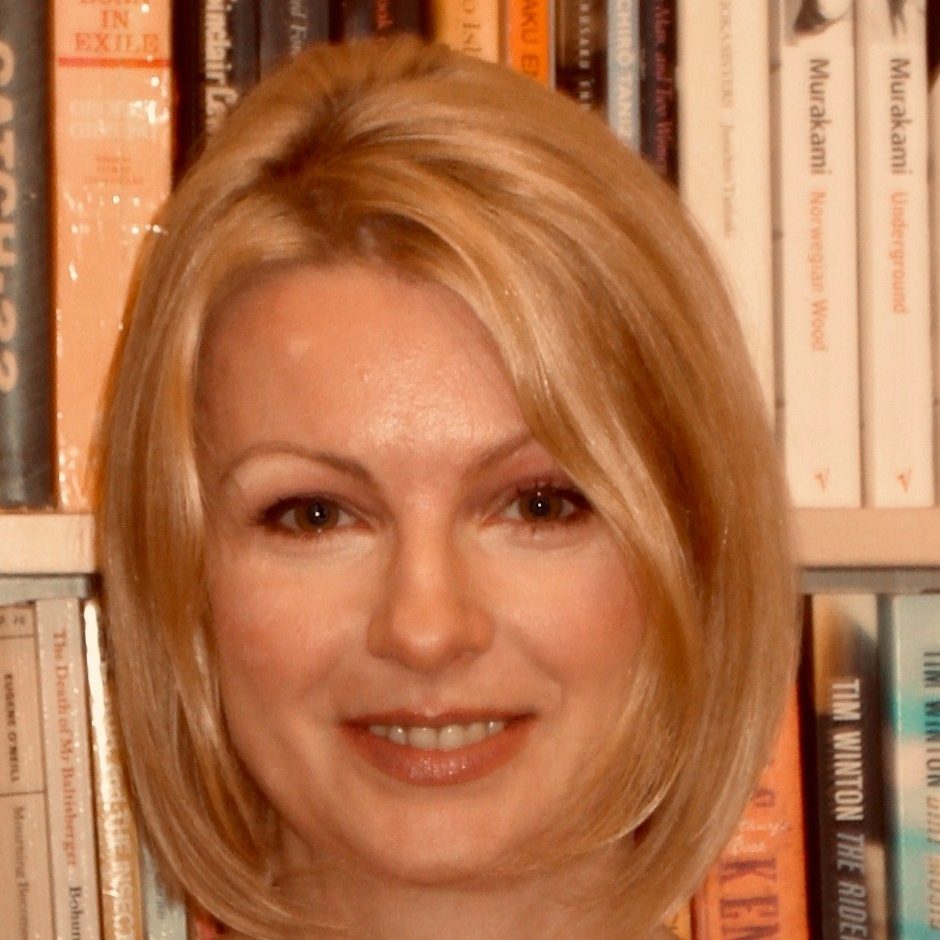Gerda Reith, PhD
Faculty Member, University of Glasgow, School of Social and Political Sciences (United Kingdom)

- Affiliation: University of Glasgow
- Twitter: @GerdaReith
- ResearchGate
Presentation
‘Gambling 2’: The ‘new frontier’ of mobile and social gambling
Abstract
This talk explores the ways that intersections between technology, media and the state have produced new forms of gambling and gaming, as well as a blurring of distinctions between the two. It argues that the drivers of mobile and social gambling — including the deployment of geolocational and data tracking technologies, the personalisation of advertising, as well as strategies that work to harness the power of online social networks — amass vast amounts of ‘Big Data’, and bring turbo charged features to game play. They also begin to undermine distinctions between ‘gambling’ and ‘gaming’; between virtual ‘rewards’ and ‘real’ cash, disrupting ideas about money and value in the process. The talk ends by suggesting that these new forms also enact a form of ‘algorithmic control’ through the continuous monitoring of online behaviour, which works to generate an ever-increasing intensification of both gambling and gaming within modern techno economic systems.
Biography
Gerda Reith is a Professor of Social Science at the University of Glasgow, Scotland. She is interested in ideas about addiction, risk and excess and their relation to wider issues of behaviour and governance in global consumer societies. She is particularly interested in the social and commercial determinants of gambling, as well as the relation of gambling harms with social inequalities and public health.
Gerda’s research has been funded by a variety of organisations, including the Economic and Social Research Council (ESRC), the Medical Research Council (MRC), the British Academy and the National Institute for Health Research (NIHR). Ongoing projects focus on betting and sports; on geographies of mobile gambling, and on exploring the spread of gambling in Malawi. She is currently a Commissioner on the Lancet Public Health Commission on Gambling, and the Howard League Commission on Problem Gambling and Crime.
She has published extensively on her research interests, and her work has been translated into a number of languages, including Korean, Chinese, Spanish and Hungarian. Her book, The Age of Chance: Gambling in Western Culture, won the Philip Abrams Prize for the best book in sociology in 2000. Her latest book is Addictive Consumption: Capitalism, Modernity and Excess, and is published by Routledge.

